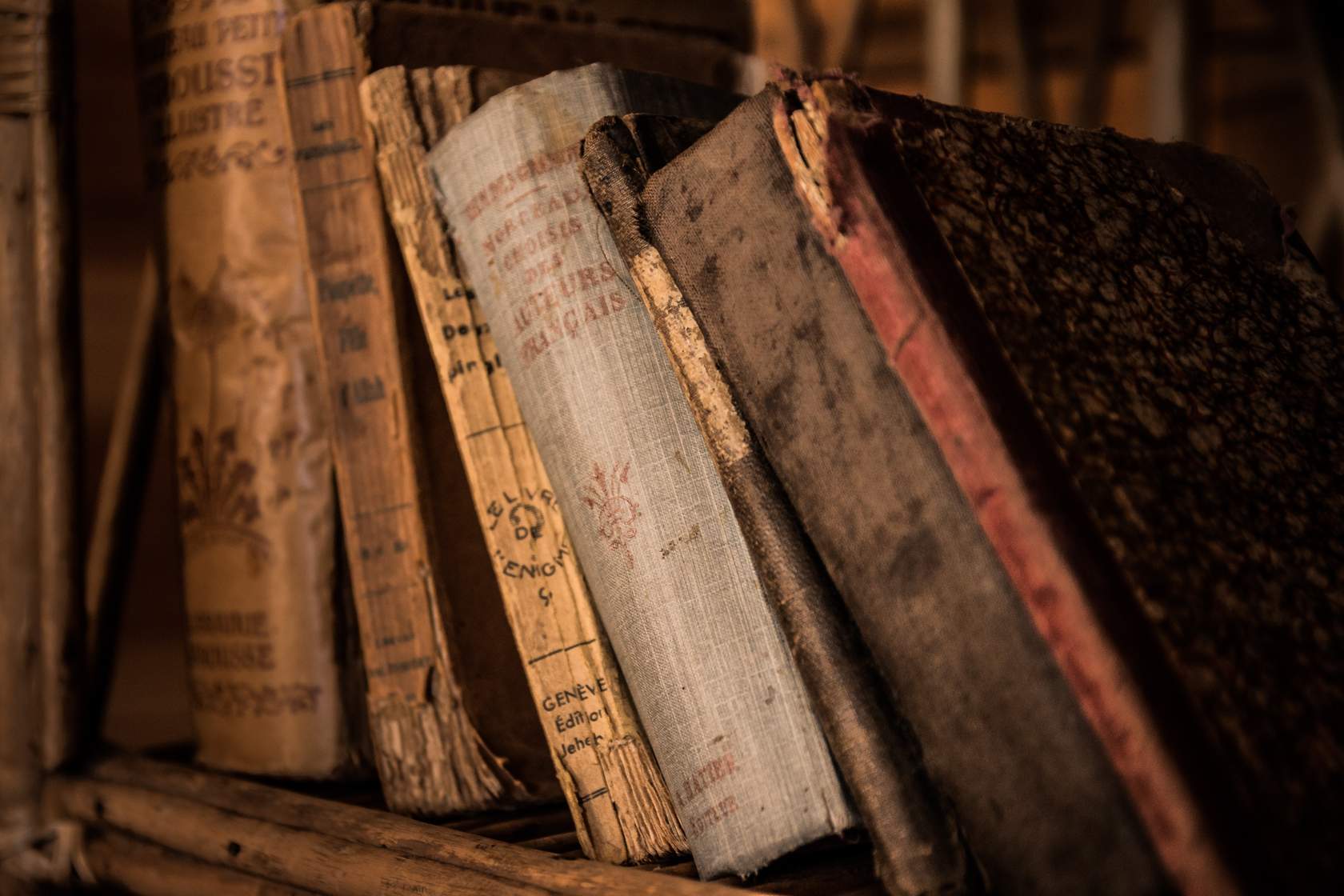Frankenstein, Chapters 15–16
Frankenstein, Chapters 15–16
For this lesson, you will read Chapters 15–16 of Frankenstein.
Frankenstein, Chapters 15–16
CLICK TO READ(OPENS IN A NEW TAB)
Reflection Questions
What part do books and literacy play in the Creature's development?
The Creature was only able to speak freely with the old man because the old man was blind. What does that say about the assumptions we make based on sight?
After the DeLacey family rejects the Creature, he vows "everlasting war" against all of humanity. Is this an understandable reaction? What does it say about his personality?
The Creature blames Victor for all of his suffering. Is this fair?
How do you think you would react to seeing the Creature? Would you also attack him out of fear?
How does the Creature feel immediately after killing William?
Is the Creature's demand for a female companion a valid request?
The Creature's Reading List
As the Creature begins to learn the concepts of language and literacy, he discovers three books which shape his mental development: Sorrows of Werter by Goethe, Lives by Plutarch, and Paradise Lost by John Milton. Click on the links below for short summaries of these works, as well as some commentary on their significance in Frankenstein.
Sorrows of Werter
University of Pennsylvania
CLICK HERE(OPENS IN A NEW TAB)
Parallel Lives
Britannica
CLICK HERE(OPENS IN A NEW TAB)
Paradise Lost
Britannica
CLICK HERE(OPENS IN A NEW TAB)
From Plutarch in Lives,the Creature learns to look outside himself: "he elevated me above the wretched sphere of my own reflections." Because of Sorrows of Werter, the Creature recognizes and indulges the protagonist's despair inside himself. When he gets to Paradise Lost, the Creature grapples with his very existence. He laments that he is worse off even than Satan: "Satan had his companions, fellow devils, to admire and encourage him, but I am solitary and abhorred."

Frankenstein is a powerful example of the way that literature can shape and change our perspective. The Creature reads both fiction and non-fiction, and he learns from both.
Would the Creature be different/act differently if he had access to different books? What if he had never read Paradise Lost?
The Blank Slate Theory
In Chapter 16, the Creature confesses to William's murder. For the reader who has cultivated empathy for the Creature, this is heartbreaking. Why did he commit such an evil deed?
Through the Creature's story, Shelley suggests that our good and bad decisions are not determined before birth but by our experiences. This is a form of the blank slate theory (or "tabula rasa"), which was popularized at the turn of the 19th century by scholars Jean-Jacques Rousseau and John Locke. In general terms, the blank slate theory proposes that humans are born with "blank" minds and that all knowledge comes from experience and perception after birth. Therefore, people are primarily formed by the cultures and experiences they are exposed to.
Many scholars suggest that Shelley used Frankenstein to illustrate the blank slate theory. Although he is composed of pre-existing bodies, the Creature awakens as an original being. At first, he has no concept of self or truth and simply experiences thirst, hunger, joy, and fear at face value. It is only when he encounters others that he loses his "blank" innocence.

Although the Creature witnesses the love between the peasant family, he is overwhelmingly punished for any normal or positive behavior.
Victor abandons him immediately.
The first villagers he meets abuse him.
The DeLacey family does not know or thank him for his help.
He is beaten and kicked out of the house for simply speaking with the old man.
He is shot with a gun for rescuing a young girl from drowning.
All of these experiences leave marks on the Creature's "blank slate" mind, telling him that he can never be more than the terrifying monster everyone sees him as. Eventually, because of this, he gives up trying to do good and embraces evil.
Does this mean that the Creature does not make choices for himself? Is the Creature's personality entirely determined by the experiences he has? Maybe, but probably not. We know that the Creature was exposed to and capable of both good and evil. Ultimately, he chooses his path.
How much do you think we are formed by our experiences? How much are we guided by our innate "natures"?